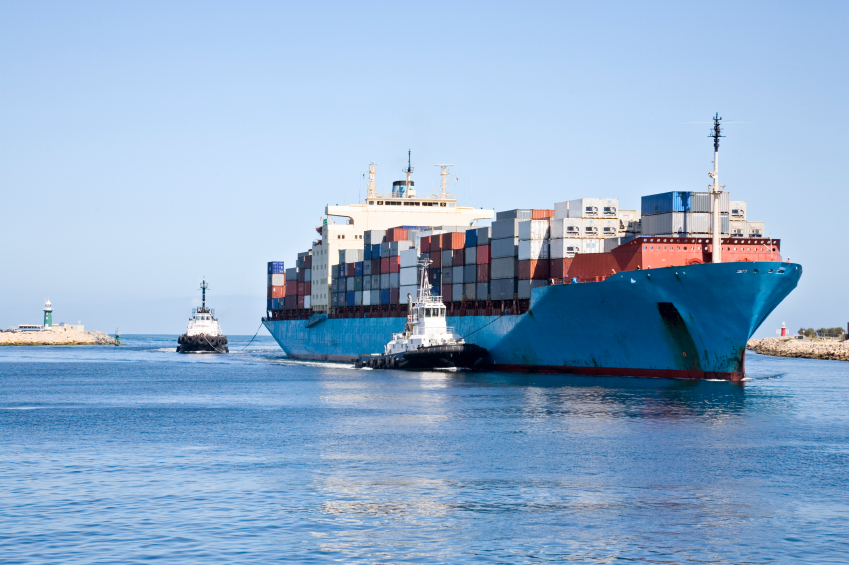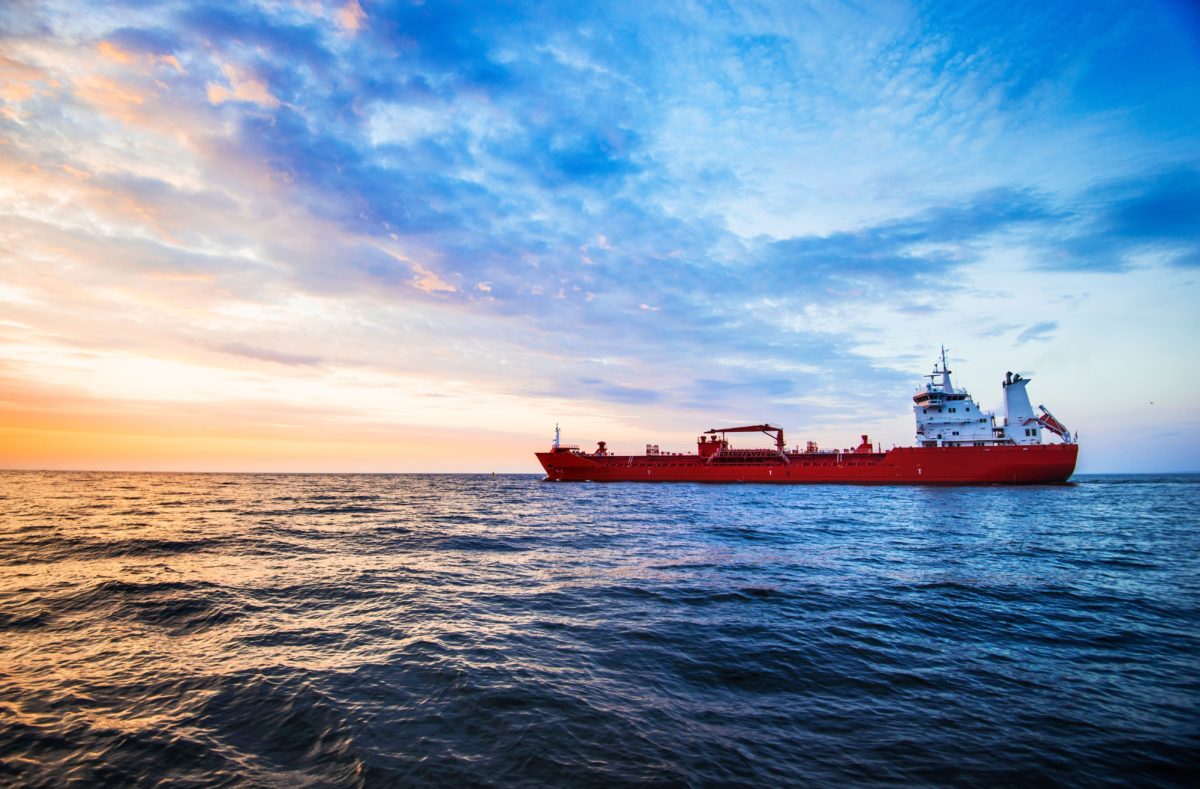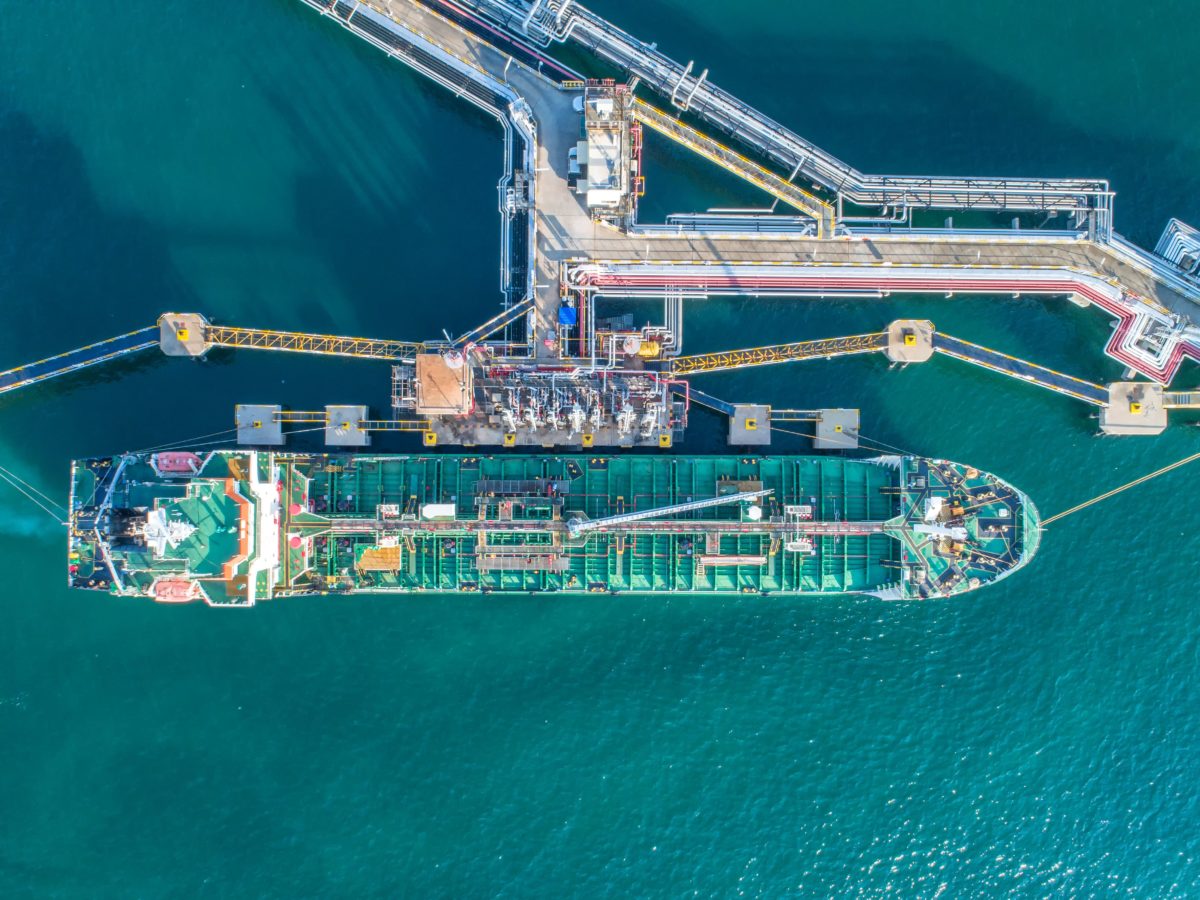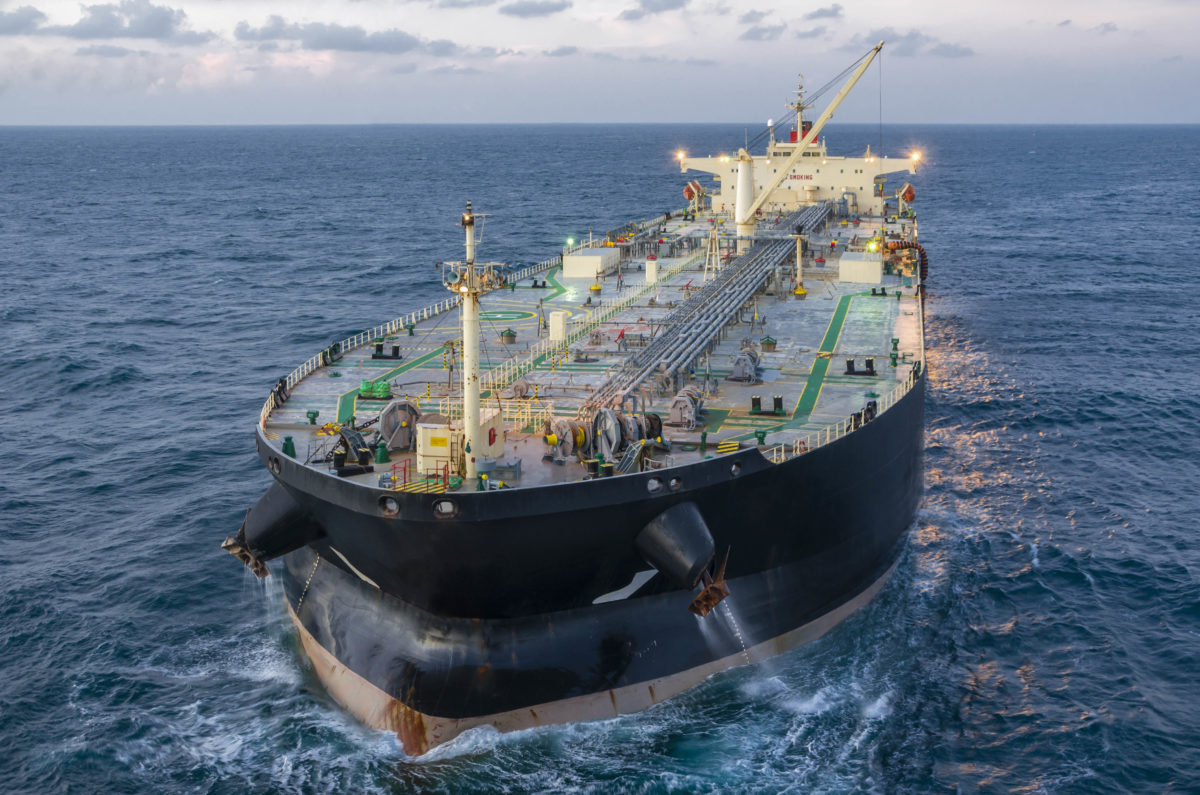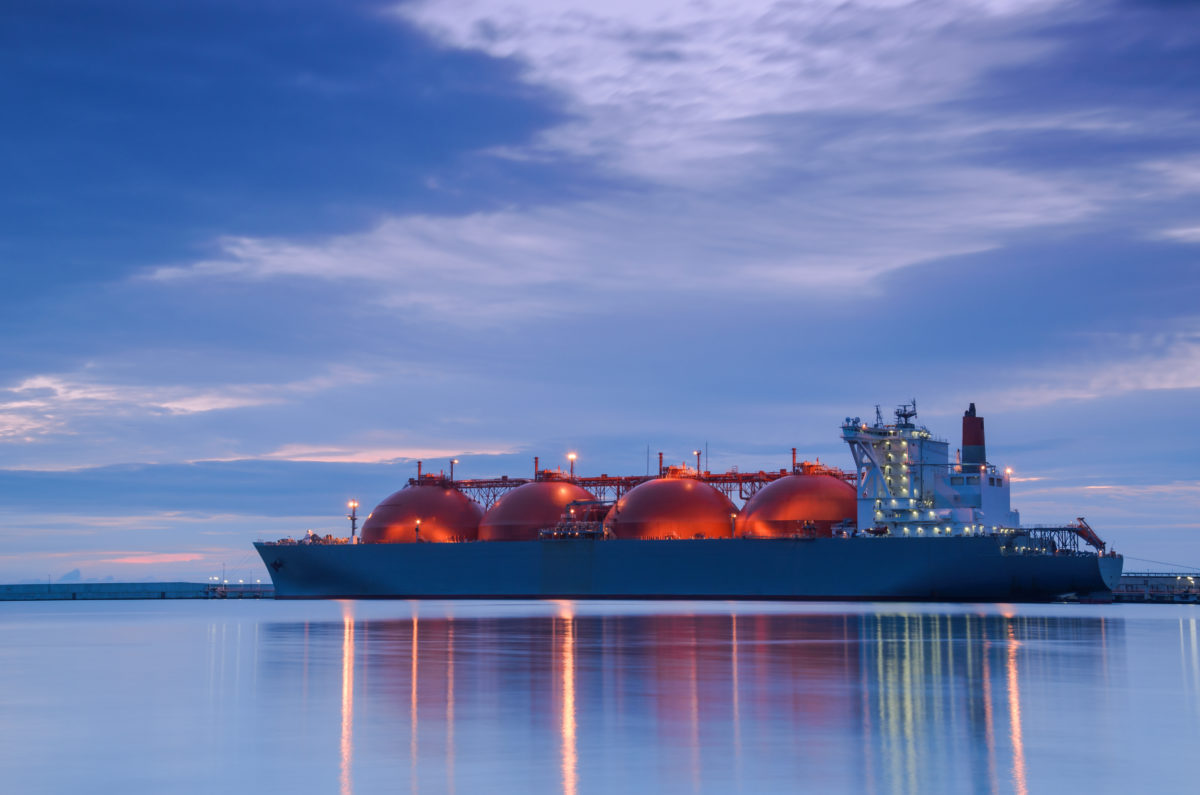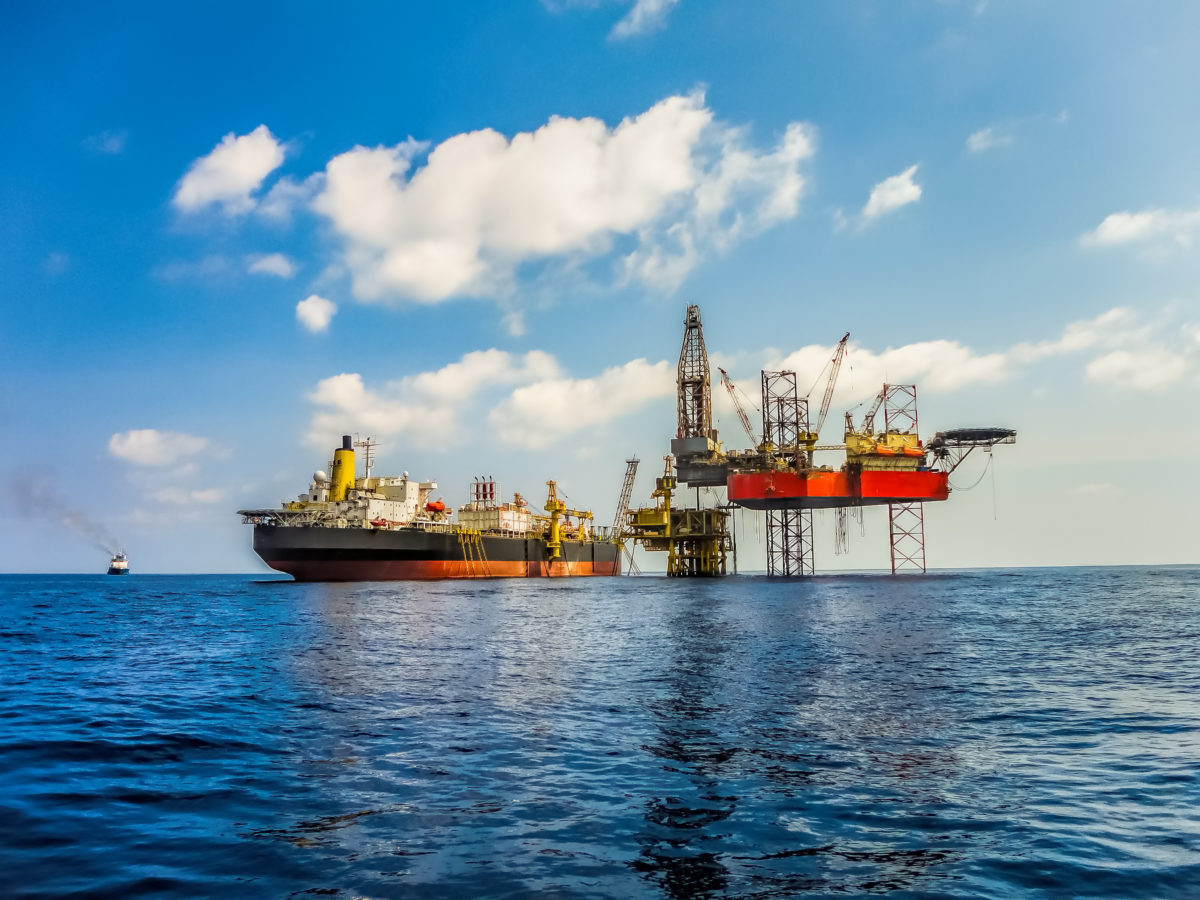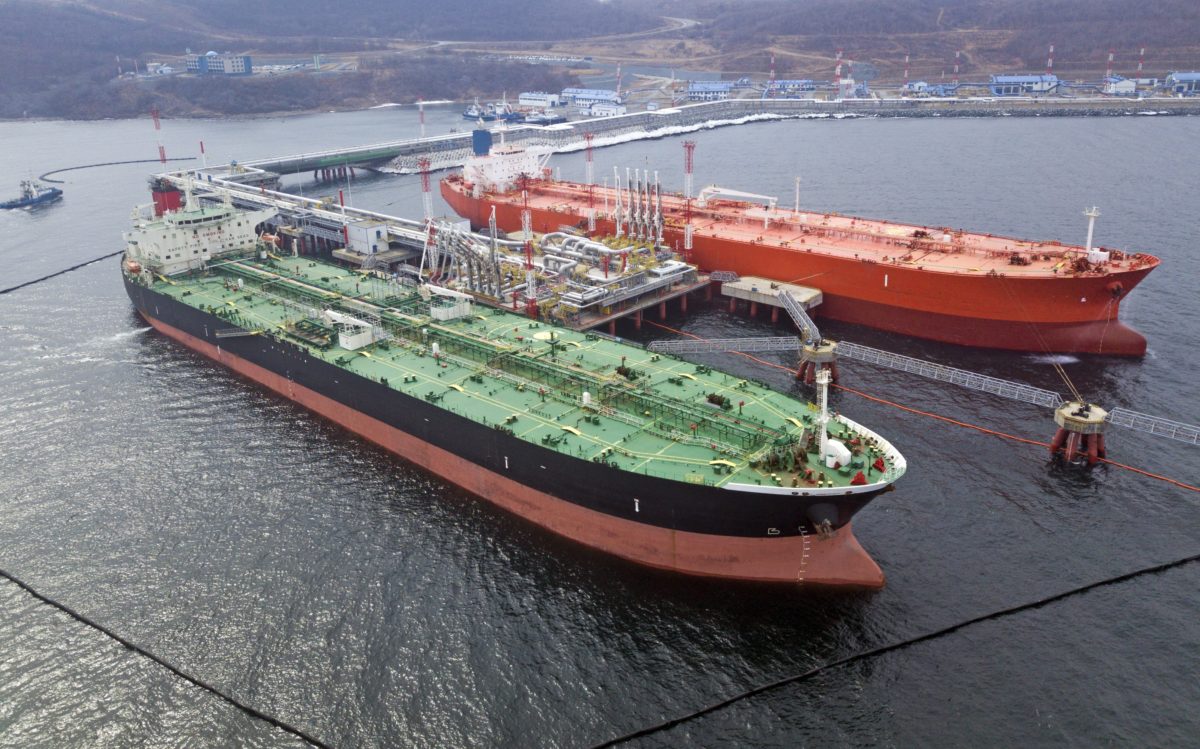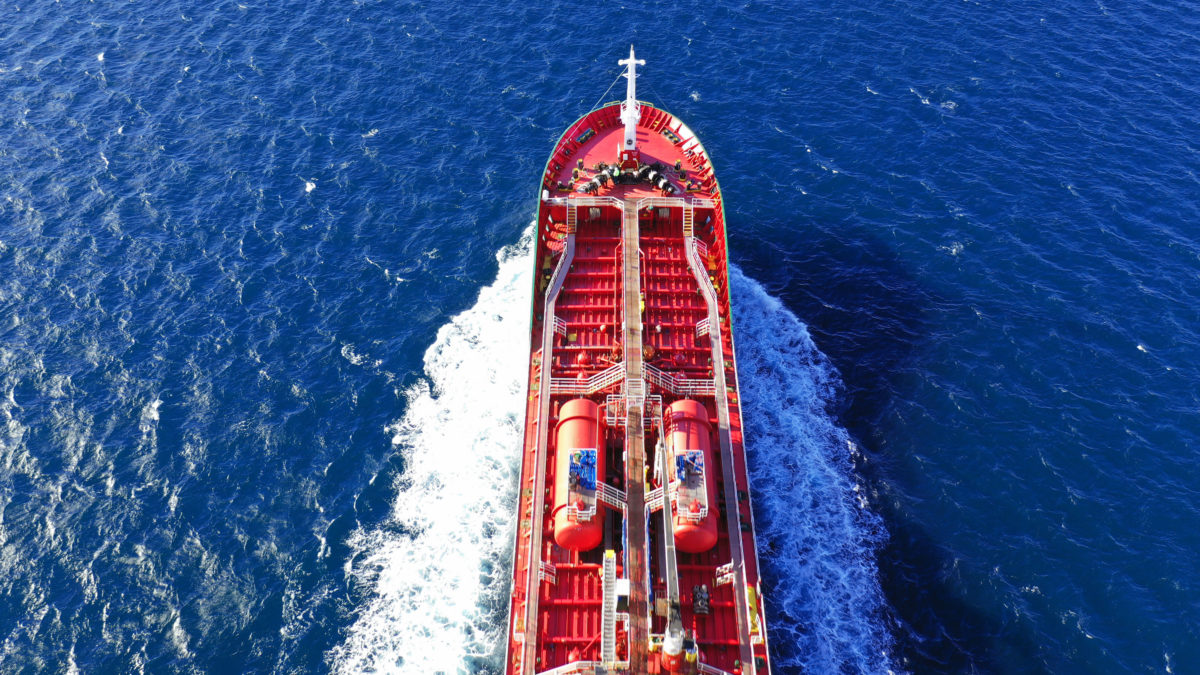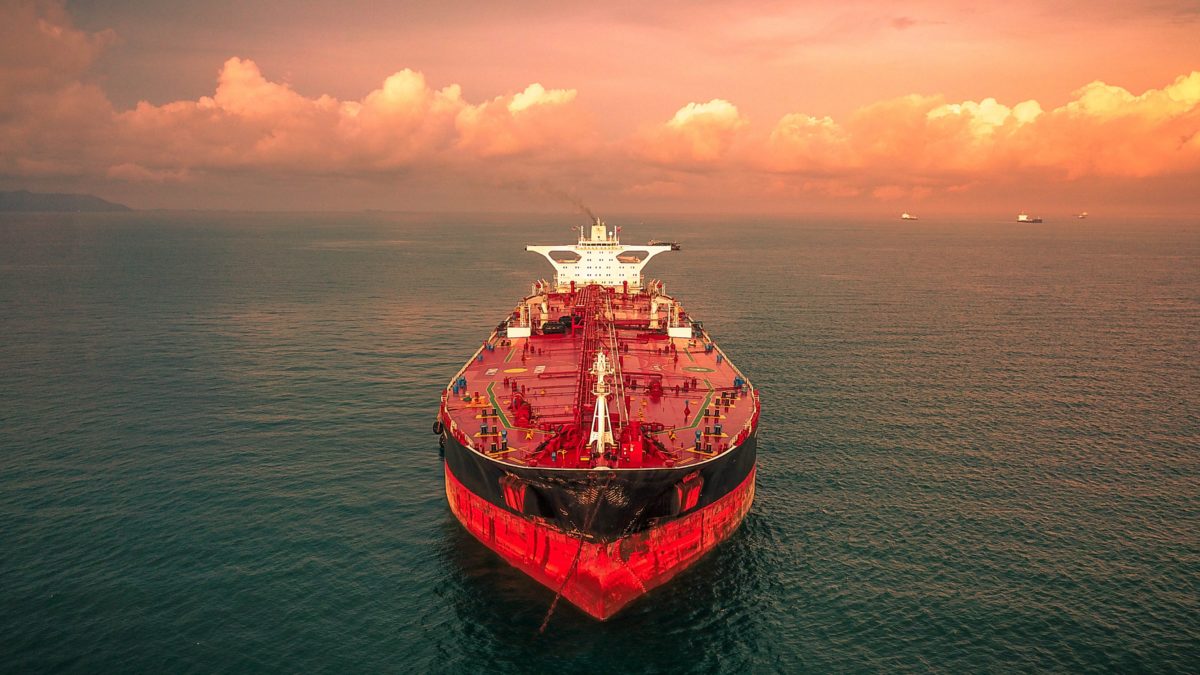Independently-held oil product inventories in the Amsterdam-Rotterdam-Antwerp (ARA) area rose, after reaching seven-year lows the week prior.
Data from consultancy Insights Global suggests that refined product inventories in the ARA area have been hovering since September, with the increase in demand following the Covid-19 pandemic and a relatively slow recovery in global crude output preventing any significant recovery in stock levels. Stocks averaged during 2019, the last full year before the beginning of the pandemic.
The rise recorded during the week to 25 May was prompted by a increase in gasoline inventories. The gasoline figure includes blending components, and the increase was probably the result of market participants bringing components into the ARA for blending into finished-grade cargoes for export.
Outflows from northwest Europe to the US are at seasonally high levels ahead of the summer driving season across the Atlantic. Tankers arrived from France, Russia, Spain, Sweden and the UK and departed for Canada, Mexico, Pakistan, Puerto Rico, the US and west Africa.
Gasoil stocks fell for the second consecutive week, supported by an increase in barge flows to destinations along the river Rhine. Water levels on the Rhine increased during the week to 25 May, making it more economical to move material inland. Tankers arrived in the ARA area from Russia, Qatar and the US and departed for Brazil, Germany, Poland, Spain and the UK.
Naphtha stocks fell, with a sharp increase in flows of barges to destinations along the river Rhine offsetting a glut of imports. Petrochemical end-users inland are probably stocking up on naphtha for use as a feedstock, while naphtha refining margins are at their lowest since the global financial crisis of 2008. Tankers arrived from Algeria, Brazil, Russia, Spain, the US and the UK while none departed.
Fuel oil stocks rose on the week, bolstered by the arrival of cargoes from Algeria, Bulgaria, Latvia, Russia, and the UK. Jet fuel stocks rose on the week,with a single cargo arriving from Kuwait and at least one departing for the UK.
Reporter: Thomas Warner

